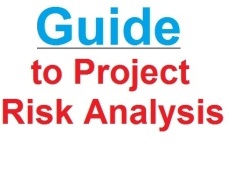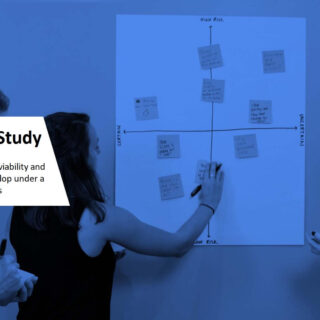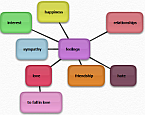Developing a More Realistic Project Schedule
Scheduling can make or break a project. While the success of a project management initiative depends greatly upon both adequate planning and efficient execution, realistic scheduling is sometimes underestimated. Some executives don’t consider the development of a realistic schedule as sound to success as it really is. Meanwhile, adding more accuracy and explicitness to the project schedule lets align the entire work with stakeholder expectations and accounts for true risk exposure.
















